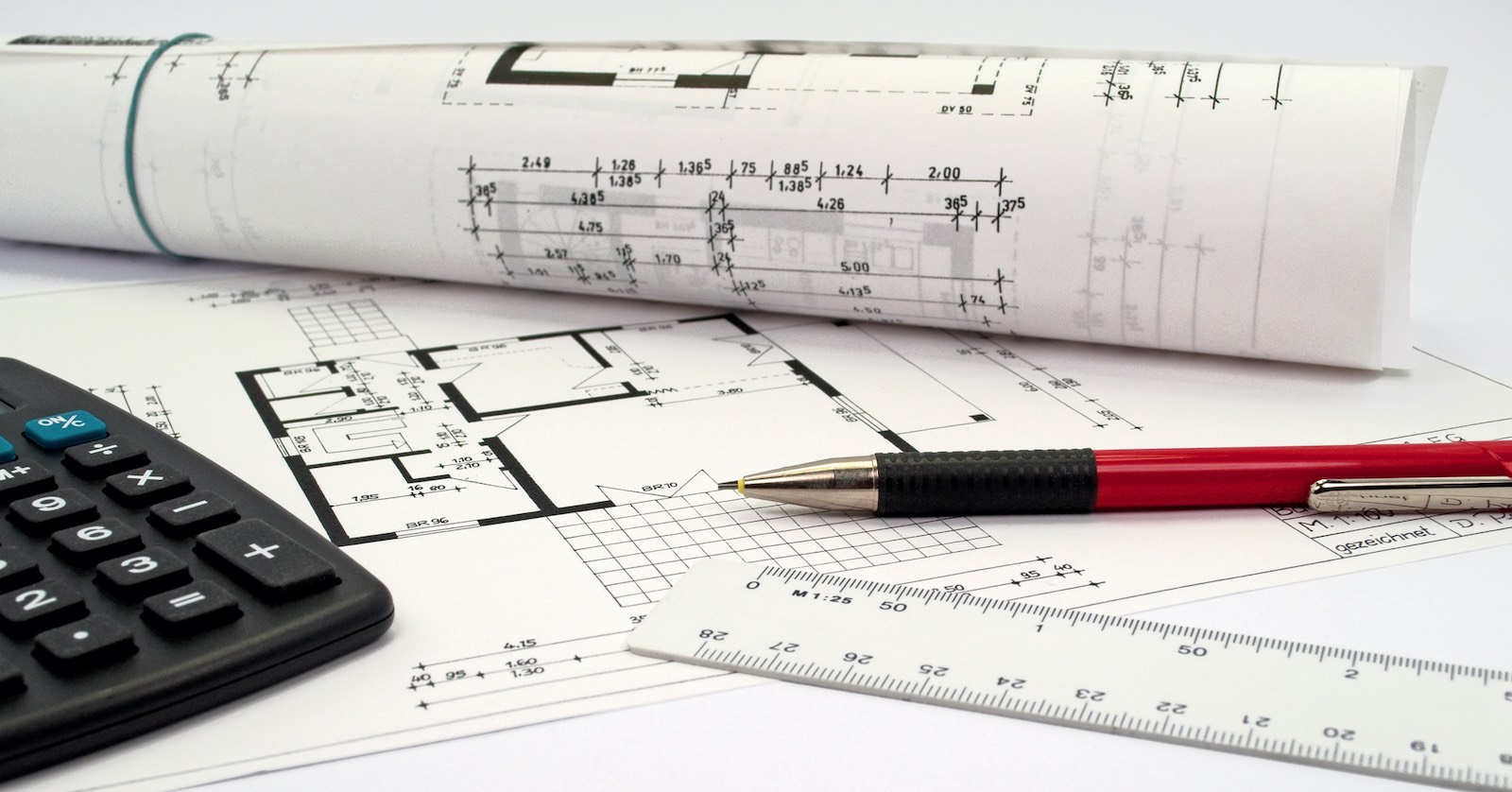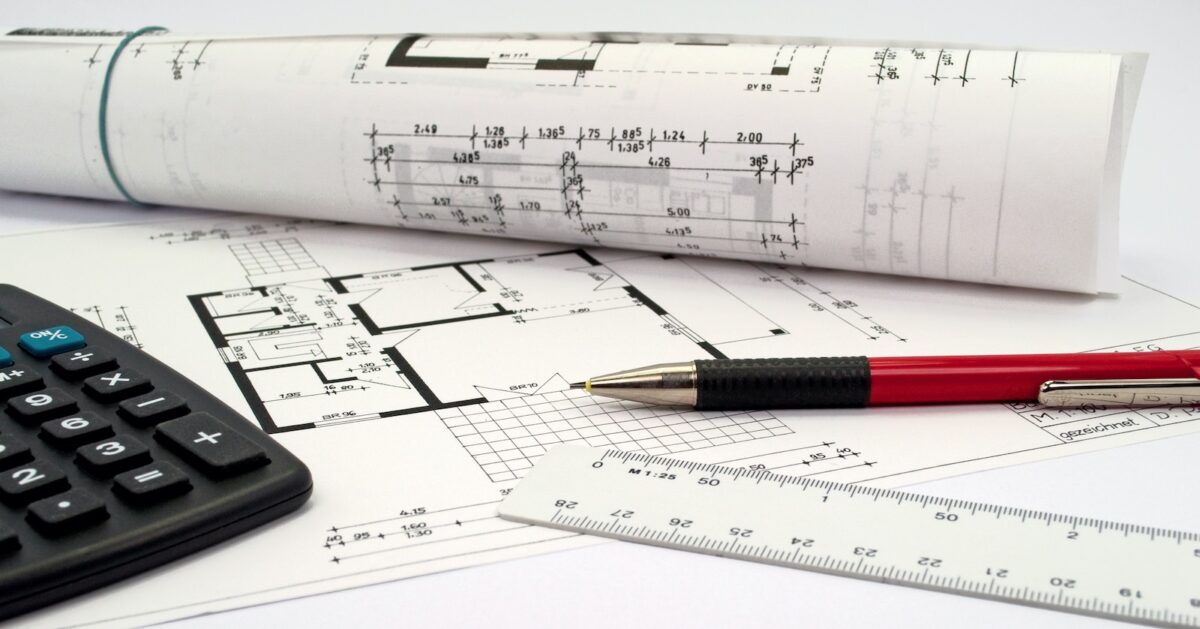
If you’ve decided to carry out a home renovation project, you’re probably keen to understand exactly how much it will cost you. A typical way to work out the total cost is by understanding the cost per square foot.
However, getting an exact amount down on paper isn’t as simple as it sounds. Since there are so many factors that can alter the square footage cost, it can be a difficult question to answer. The best way to get as accurate a cost as possible is to have an excellent idea of what your renovation project will involve and which rooms you wish to renovate.
Let’s take a look at how you can estimate the costs per square foot.
The Average Overall Costs
The national average cost of renovating a whole house ranges between around $17,000 – $73,000 ($15 -$60 per square foot). These amounts will depend on the size of your house, the quality of the materials used, and whether or not you want to replace all your appliances.
If you only want to renovate certain rooms in the home, the costs will be lower, especially for “dry” rooms such as bedrooms and the lounge. Costs for renovating the kitchen and bathroom run a lot higher than dry rooms since they involve plumbing, fitted units, and appliances.
For a dry room, expect to pay between $1,500 – $10,000.
A kitchen ranges between $10,000 – $50,000.
A bathroom ranges between $5,000 – $25,000.
How Big is Your Home?
The first step to understanding costs is to appreciate the size of the area you wish to renovate. Single room renovations are easy to calculate by size. For whole houses, consider the following factors:
Are you renovating every room?
Does this include the basement or attic?
Do you plan to renovate the exterior of the home?
Should you include any outbuildings, such as garages and annexes?
Once you know the exact square footage of your renovation, you can begin to calculate the costs.
Are You Going Low-End or High-End?
The quality of your materials will greatly influence the cost of your project. The best way to work out the cost of your materials is to start planning and designing your rooms around your budget. Choose materials, fixtures, and fittings that you like and work them into the plan. It’s better to aim lower to begin with and upgrade later if you find there’s room in the budget.
Plan your materials by room so you can break down the costs more easily.
Do you plan to reuse or replace anything? This will lower the final amount.
If there are structural changes, get quotes for the work, so you know the costs.
How Old is Your House?
The age of your home matters when it comes to renovation costs. Modern homes built within the last couple of decades will have lower costs than old or period homes. This is generally because less work is required and fewer problems are uncovered when working on newer properties.
Older homes require more work if you intend to stay true to the original architecture. They also may not have been updated for a long time and therefore be full of unpleasant surprises like rotten beams, outdated electrical wiring, and substandard plumbing.
As a comparison, a modern bungalow will cost between $35-$80 per square foot. A period house will run between $100-$400.
Add in the Labor and Planning Costs
If you’re fortunate enough to know how to carry out home renovations yourself, this may not be an area you need to consider. However, for most people, hiring contractors to carry out the work is necessary. Additionally, you may wish to hire a home renovations expert like Milan Build to oversee and manage the project.
The cost of contractors and experts will depend on the scale of the project and how long it’s intended to take. The best way to get accurate costs is by approaching the relevant people with your plan and requesting a quote. Make a list of everyone you will need to make the project a reality. This can include:
Builders
Stonemasons
Carpenters
Plumbers
Electricians
Painter/decorators
Home renovation experts
Ensure you get several quotes for each contractor and expert so you can determine which will be the best for you.
Factor in Unforeseen Costs
Even the best-laid plans encounter hitches along the way, and you can almost guarantee that your renovation project will throw up some kind of unforeseen cost at some point. It’s always best to account for around 10-20% extra in your budget to cover anything that may crop up. This could be anything like a leak, structural issues, faulty wiring, or rotten wood. Typically, the older the house, the more issues you will uncover. None of these problems can be ignored, so ensure you have the cash to cover them.
Do You Require a Building Permit?
For projects that involve structural changes, you’ll more than likely require a building permit. Depending on where you live, these can vary greatly in cost. Some are only a few hundred dollars but can rise to $2,000. Some authorities will even charge 1% of the total cost of the renovations. You must, therefore, include this figure in your calculations.
Calculating Final Costs
Once you have all the necessary costing information, you can divide it by the square footage in your house. You will then have the estimated cost per square foot. Be aware that this amount won’t be set in stone. The cost can go up just as much as it can go down. Try to keep this in mind at all times.

